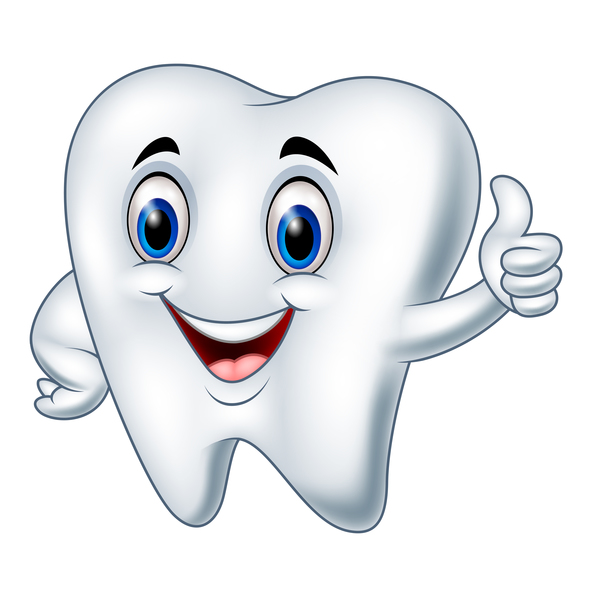Doctors’ Notes
BackOral Health for Young Children
Developing good oral hygiene habits early in your child’s life is crucial for dental and overall health. Here are some common questions and answers about dental care for young kids.
 When should I take my child for a first dental visit?
When should I take my child for a first dental visit?
The AAP recommends taking your child to the dentist 6 months after the first tooth erupts (see Dr. Wolf’s great Teething Note!), or by 1 year of age. Pediatric dentists see all children, and some family dentists do as well. You can ask for a list of area dentists at our offices, or you can search on the AAP web site.
What about before my baby has teeth? Anything I can do?
Yes! After feedings, use a clean washcloth or baby toothbrush (without toothpaste) to clean your baby’s gums.
How should I brush my baby’s teeth?
You can start using fluoridated toothpaste after the first teeth erupt. For kids under 3, use a smear of toothpaste, and brush the front and back of teeth and along the gumline. For kids 3-6 years old, use a pea-sized amount. Brush twice a day, in the morning and before bed.
Is it ok for my child to brush his own teeth?
Brushing your child’s teeth can be really tough, especially with an uncooperative toddler. Since younger kids don’t have the dexterity to brush their teeth well on their own, it’s especially important to assist with brushing. The AAP recommends helping brush your child’s teeth until about 6-7 years old, or when they can tie their own shoes or write in cursive.
When should my child be off the bottle? The pacifier? What about thumb sucking?
Twelve to fifteen months of age is a good time to start transitioning from the bottle to a sippy cup, and also off the pacifier. The earlier kids are off the pacifier and bottle, the less their risk of developing dental problems. Prolonged pacifier use has also been linked to an increased risk of middle ear infections. Thumb sucking is a completely normal behavior in infants and young children, and most will grow out of it on their own. If thumb sucking continues past age 4-5, it can potentially lead to problems with tooth alignment (malocclusion). To help break the habit, positive reinforcement (sticker charts, rewards, etc.) can be helpful. Bad-tasting nail polishes, like Thum or Mavala, can potentially work. If all else fails, dentists can apply a special oral device that makes thumb sucking difficult.
Dr. Todd Sanderson was a Kids Plus Provider from 2011 to 2013.